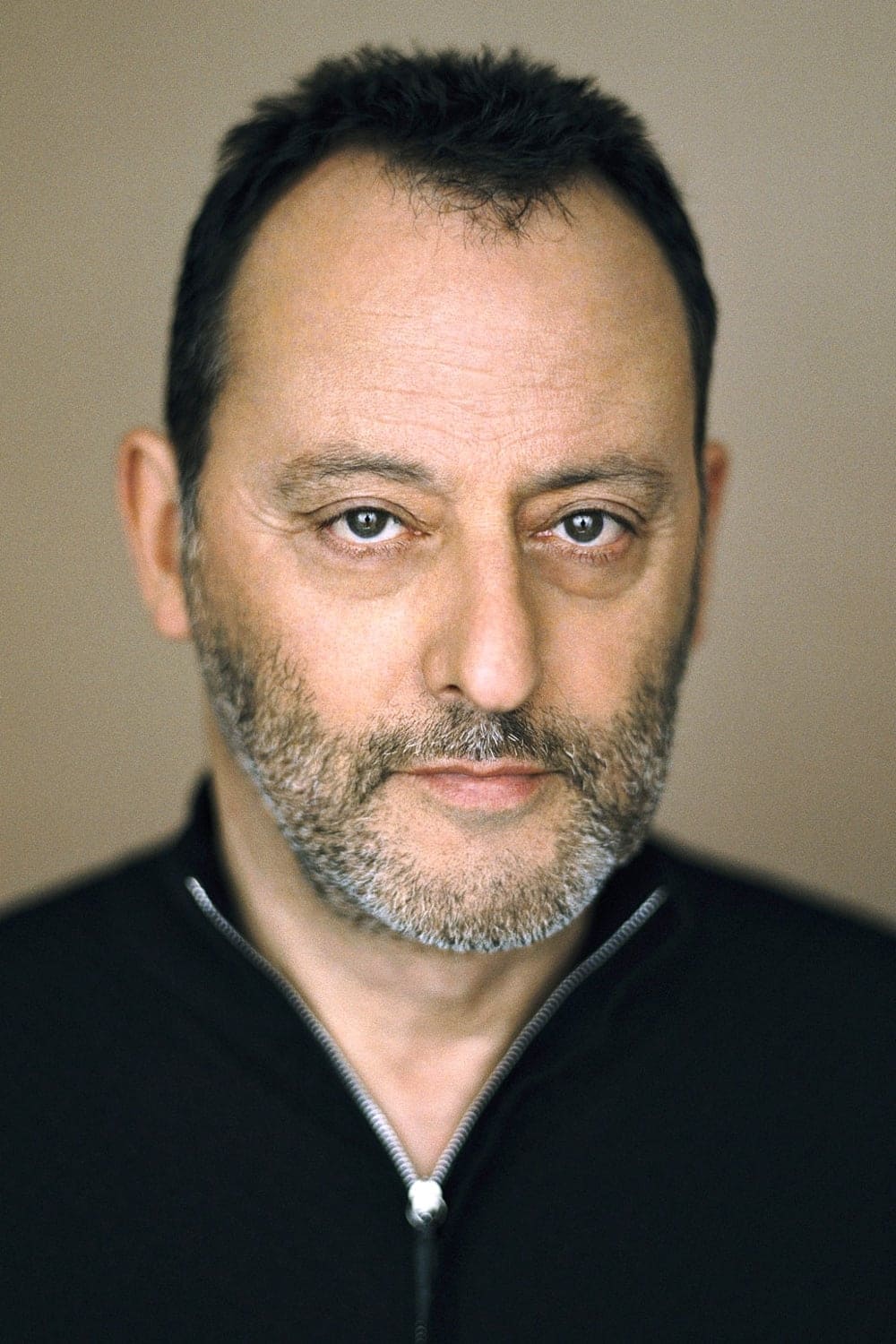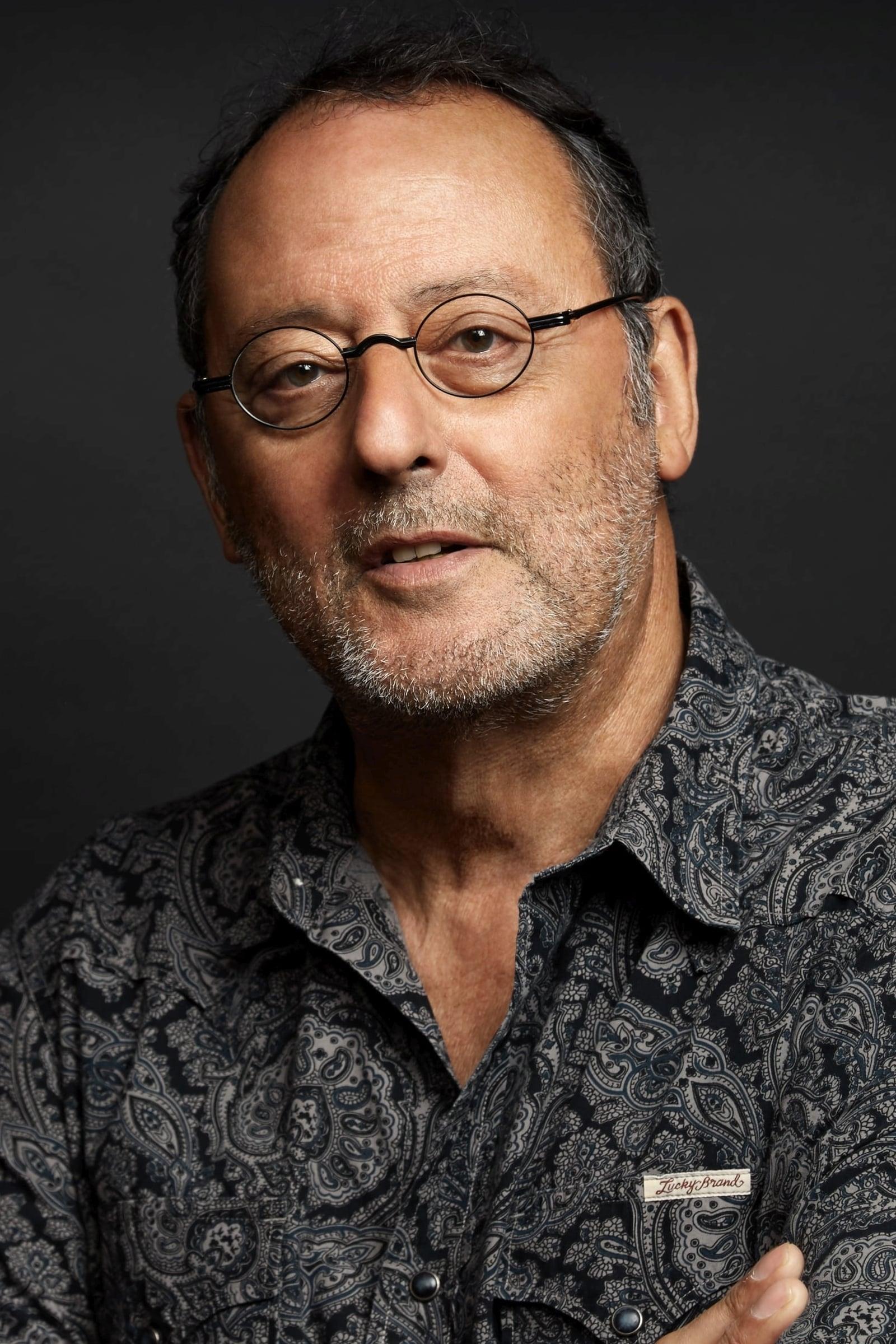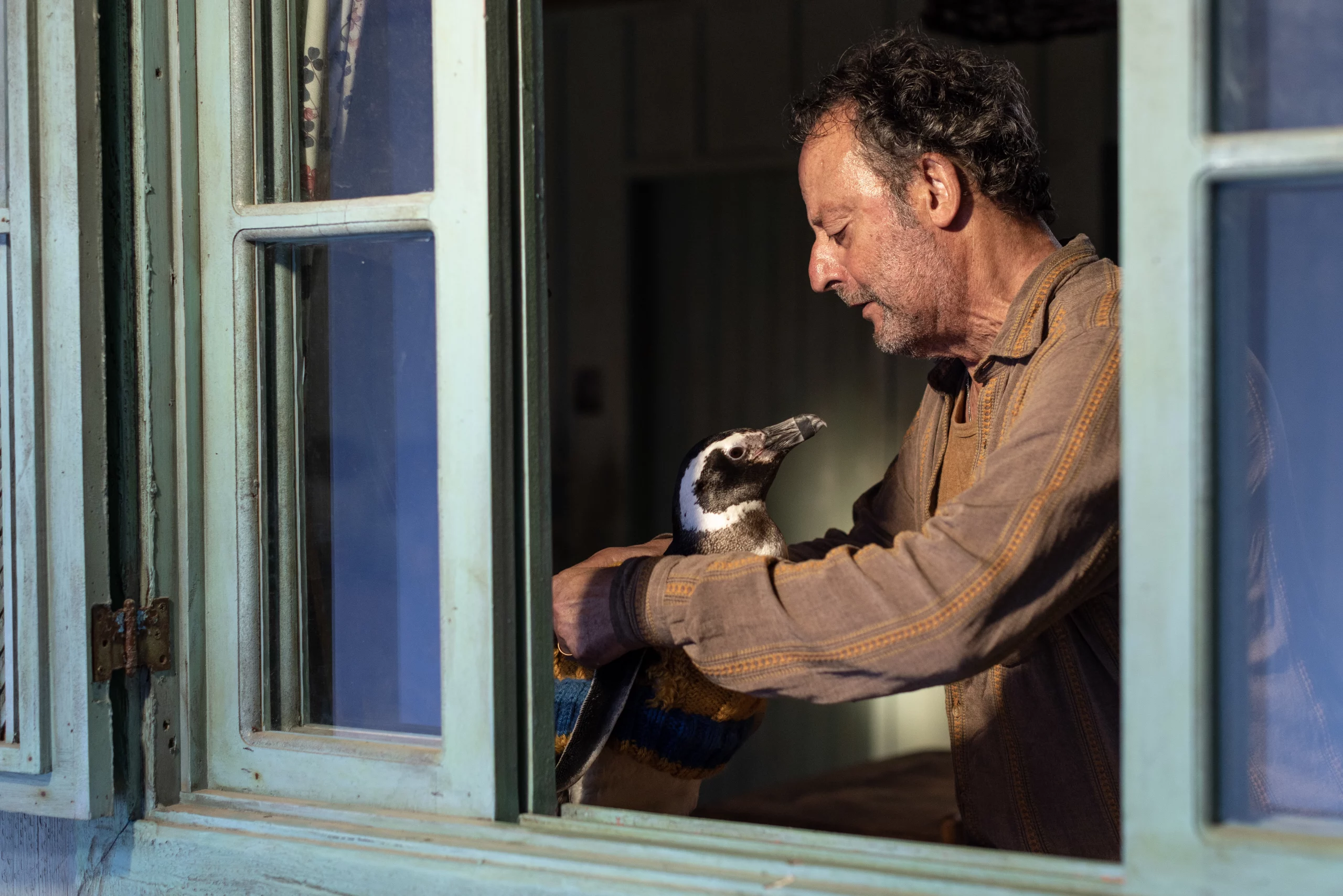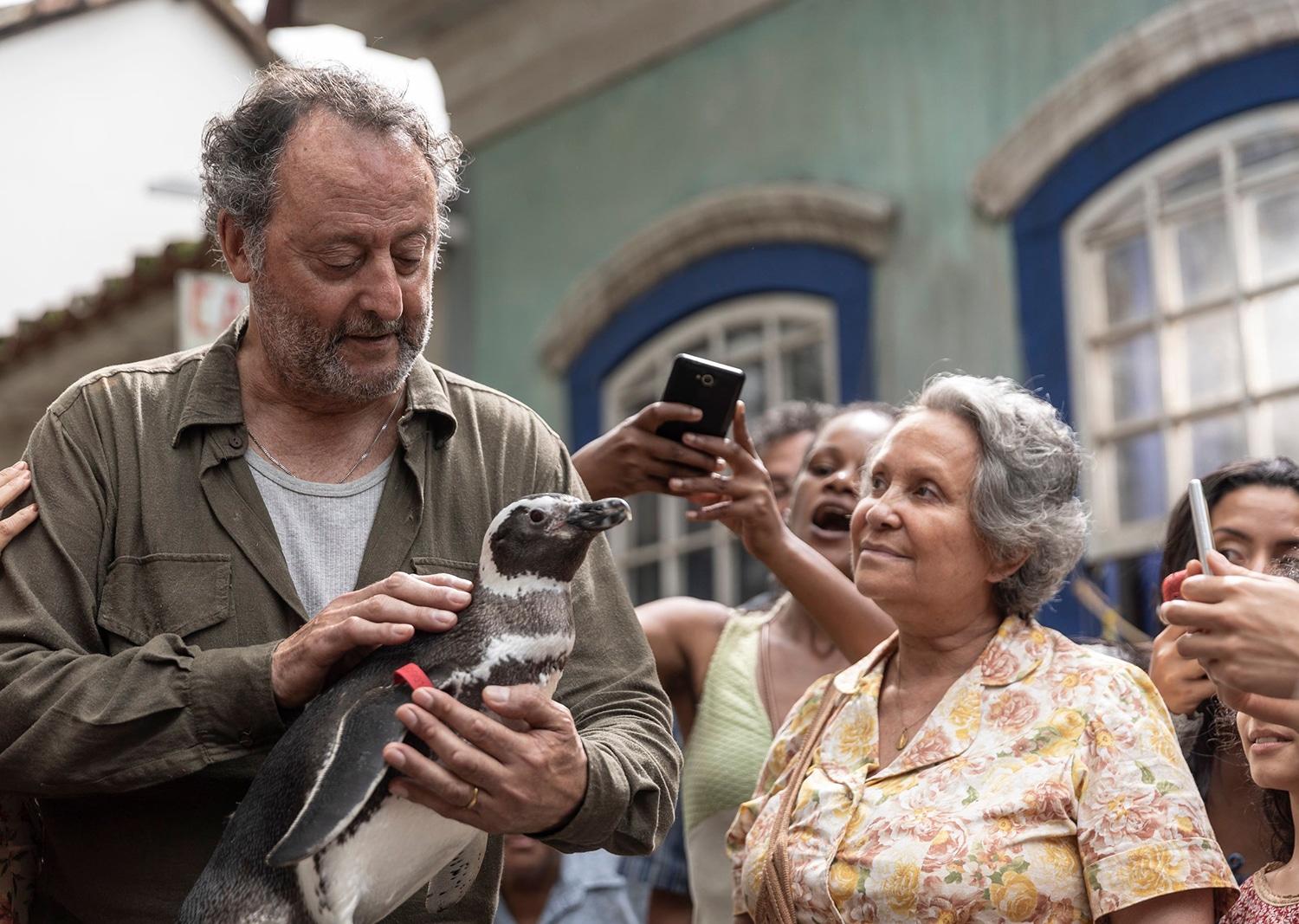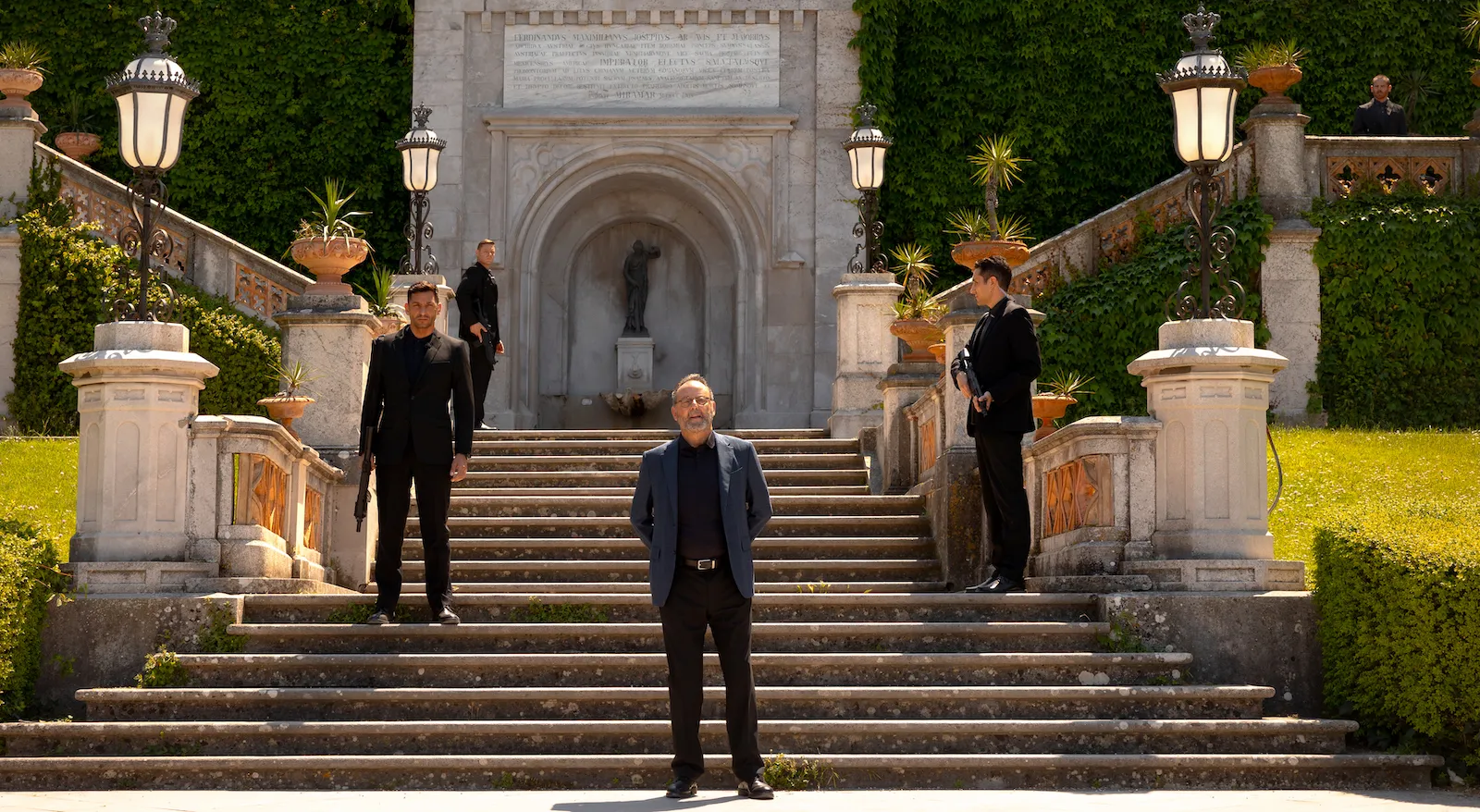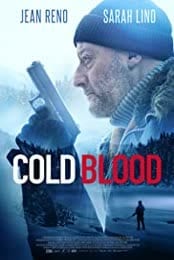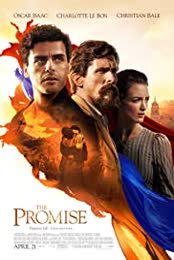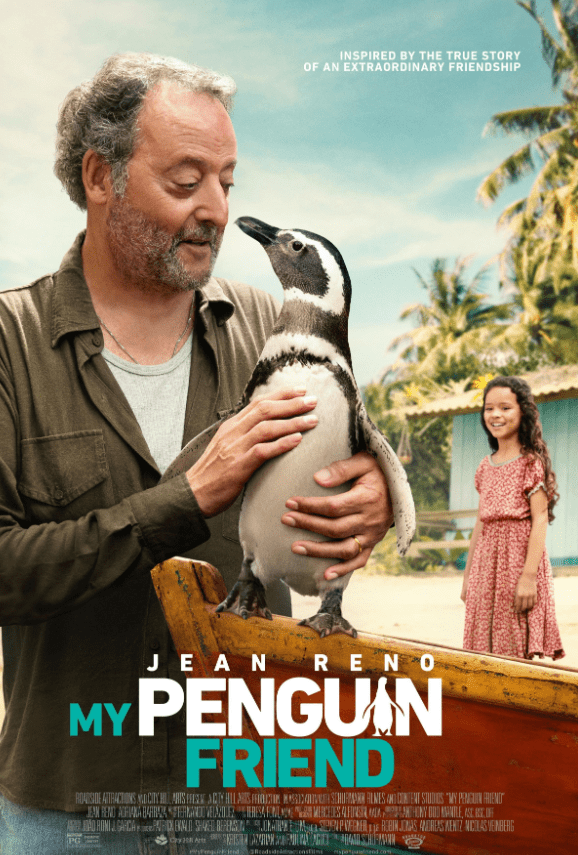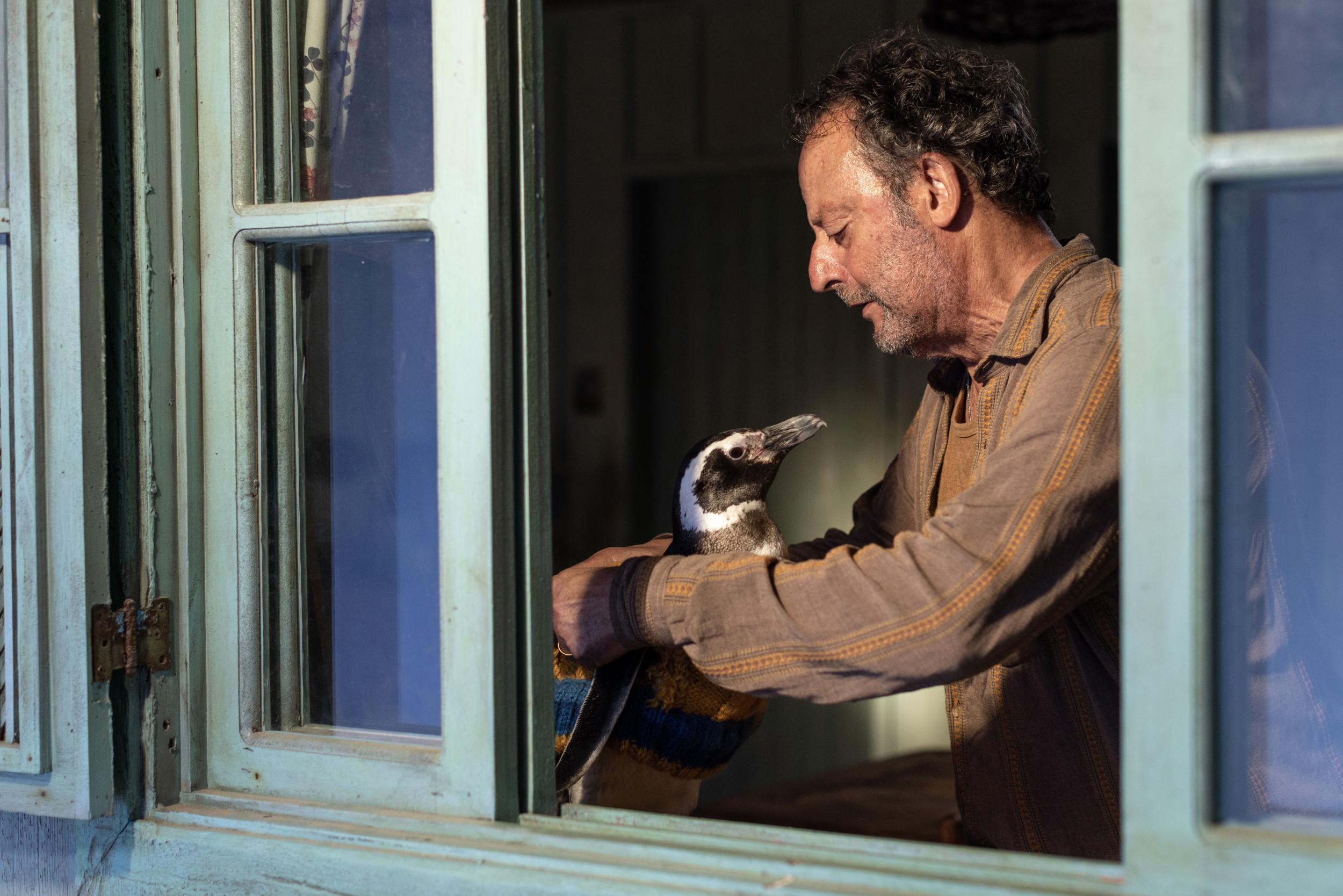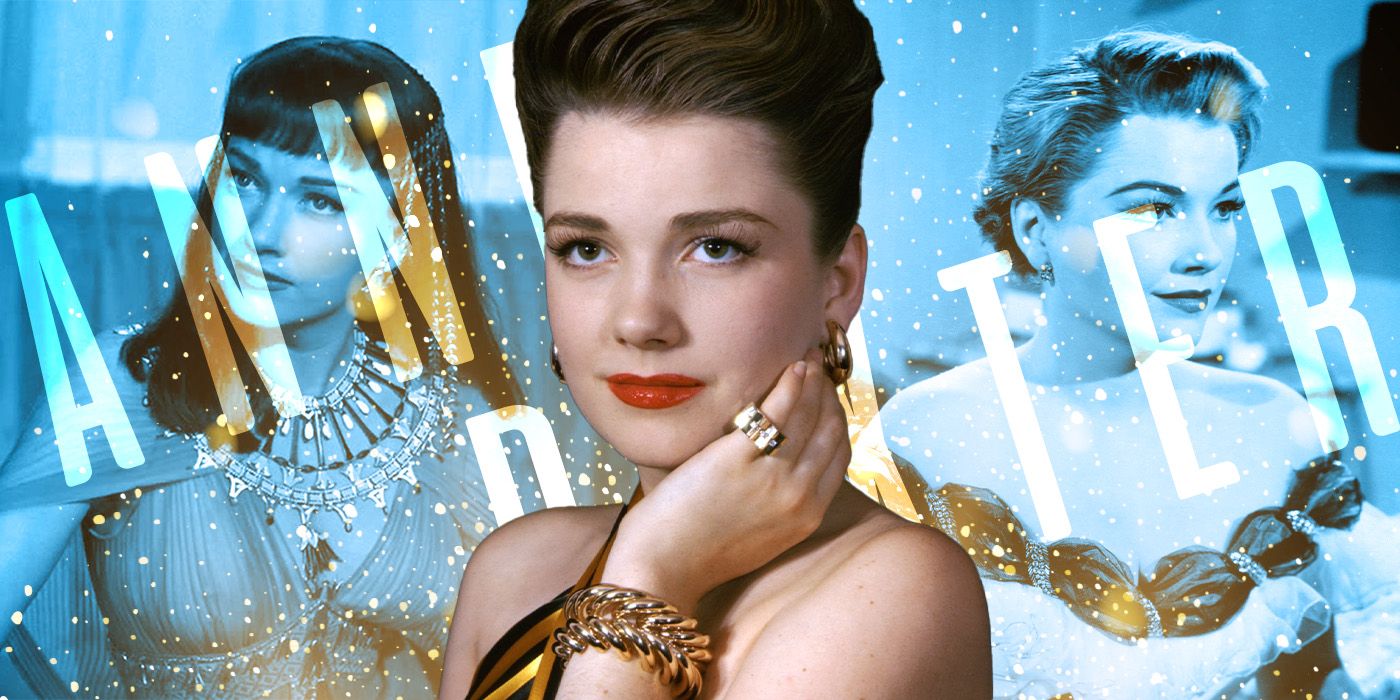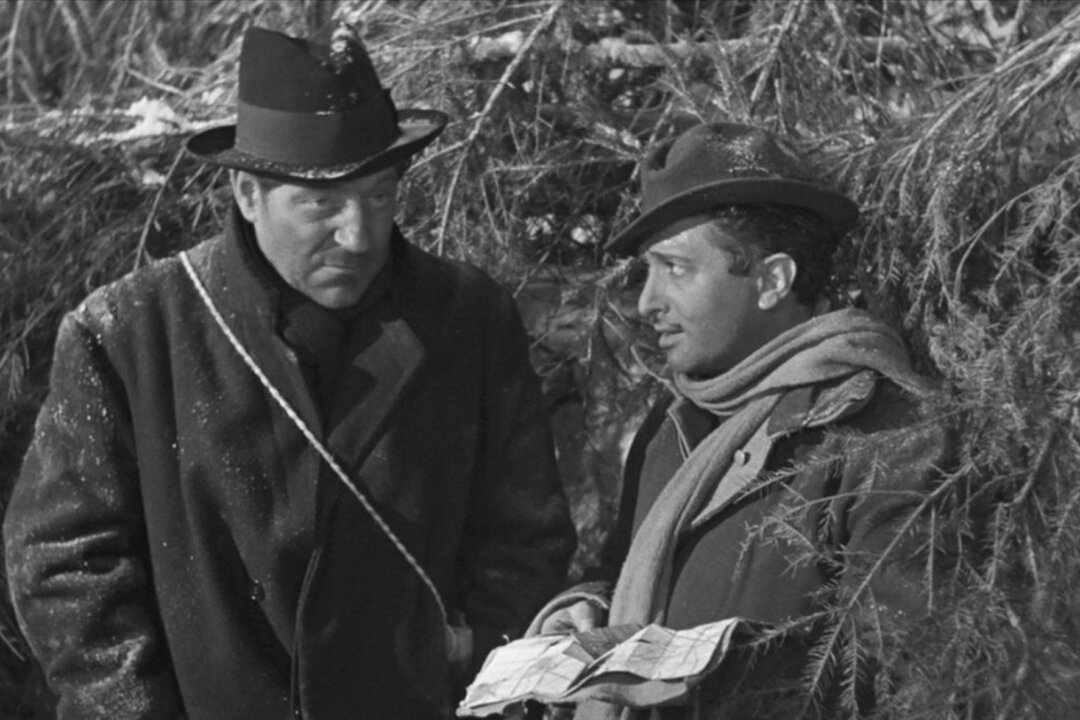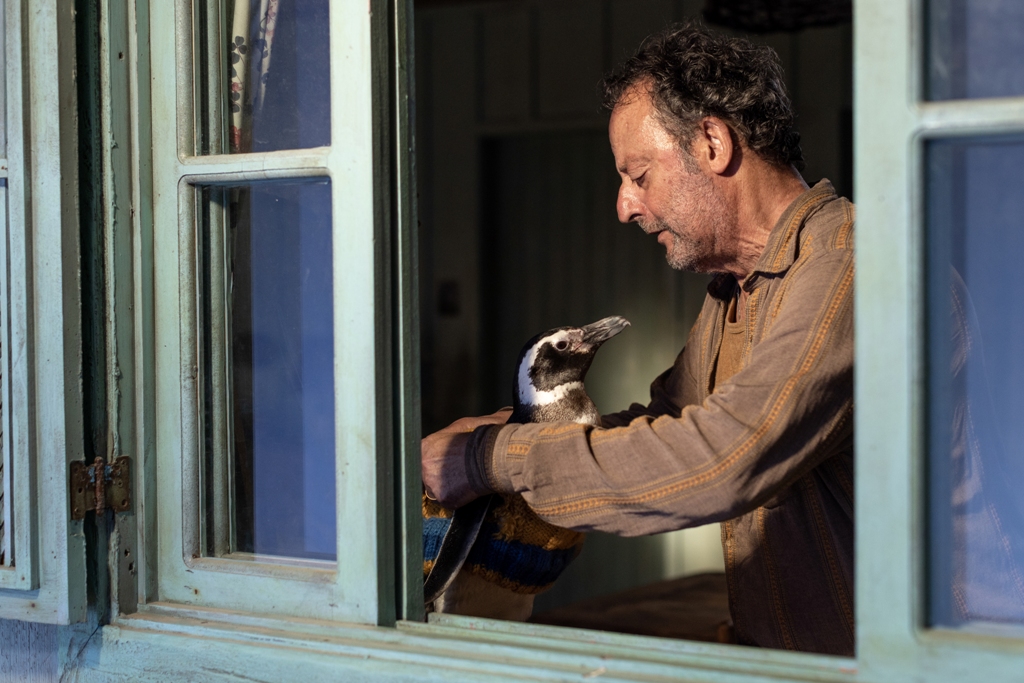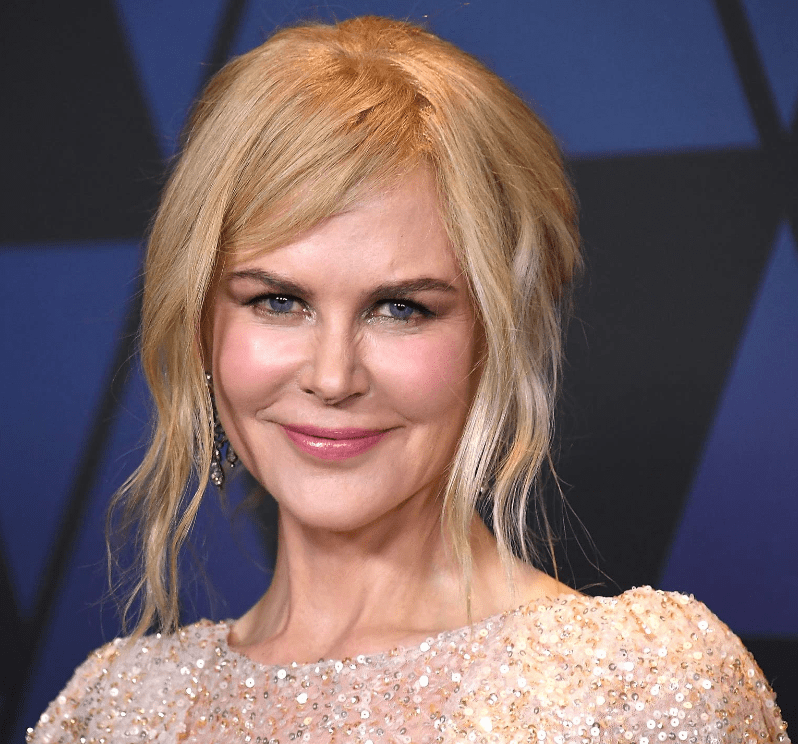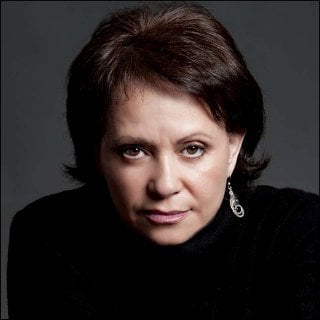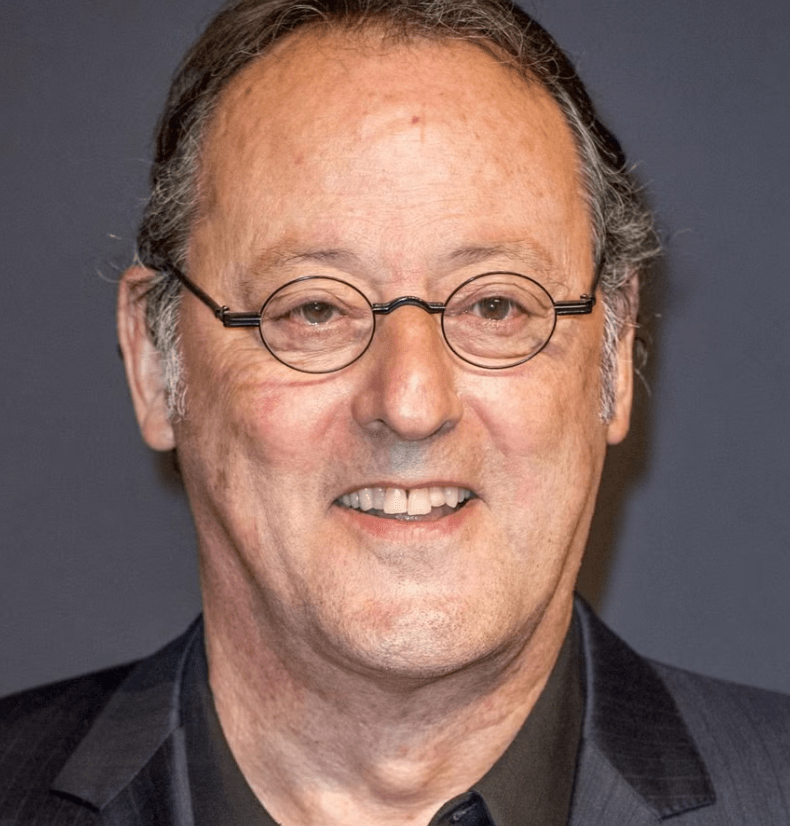
Jean Reno
Birthdate – July 30, 1948 (76 Years Old)
Birthplace – Casablanca, French Protectorate of Morocco [now Morocco]
Jean Reno (birthname: Juan Moreno y Herrera-Jiménez) has been one of the most prominent French movie stars since the 1980s, managing a skillful transition from broad action roles to more nuanced characters. Reno, not usually associated with art cinema, nevertheless debuted on the big screen with a role in one of the most imaginative and radical film artists of recent decades—filmmaker Raul Ruiz—with the brilliant The Hypothesis of a Stolen Painting (1978), co-written by Pierre Klossowski and premiering at the London Film Festival.
Reno had his breakthrough role in director/co-writer/producer Luc Besson’s debut feature, Le Dernier Combat (1983), starring Pierre Jolivet, Jean Bouise, and Fritz Wepper, and earning over $2 million global theatrical gross, and then Reno joined the cast of Besson’s next movie, the hit thriller Subway (1985), starring Isabelle Adjani, Christopher Lambert, Richard Bohringer, Jean-Hugues Anglade, and Michel Galabru, and grossing a potent $22.3 million worldwide.
Reno was cast by colorful Italian filmmaker Marco Ferreri in his French-Italian film which premiered at the Cannes Film Festival, I Love You (1986), with Lambert and Eddy Mitchell, followed by Reno landing his first acclaimed performance (including a Cesar supporting acting nomination) in Besson’s hit movie, The Big Blue (1988), starring Rosanna Arquette, Jean-Marc Barr, Paul Shenar, and Griffin Dunne, and released to great returns in Europe by Gaumont but poor returns in the U.S. by the Weinstein Group and Columbia Pictures.
Jean Reno continued his run of movies as a tough guy with filmmaker Luc Besson in the international hit action thriller, La Femme Nikita (1990), starring Anne Parillaud, Jean-Hugues Anglade, Tchéky Karyo, and Jeanne Moreau, and one of the few movies remade multiple times in different countries (in the U.S. as Point of No Return (1993), in Hong Kong as Black Cat (1991), and in India as Kartoos (1999)), along with two separate TV series remakes— in Canada as La Femme Nikita (1997-2001) and on the CW Network as Nikita (2010-2013).
Reno performed his first voice role in an animated feature as the title role in the French dub of Hayao Miyazaki’s delightful aviation comedy-drama, Porco Rosso (1992), and then Reno earned his first best actor Cesar Awards nomination for his co-starring role in co-writer/director Jean-Marie Poiré’s fantasy comedy smash hit, Les Visiteurs/The Visitors (1993), with Christian Clavier and Valerie Lemercier, and grossing a huge $99 million globally on a $9.5 million budget for Gaumont, and which launched two sequels starring Reno with Poiré: The Visitors 2: The Corridors of Time (1998) and The Visitors: Bastille Day (2016), all of them earning a combined box office of $183 million, a remarkable number for a French movie series; Reno also revived his medieval knight character of Thibault in a failed Hollywood sequel co-written by John Hughes, Just Visiting (2001), with Christina Applegate, Clavier, and Malcolm McDowell, and grossing a poor $16 million.
Reno voiced the role of Mufasa in the French dub of Disney’s classic, The Lion King (1994)—and then later in the Jon Favreau-directed 2019 remake–and then Reno had the title role and earned his second best actor Cesar Award nomination in his first all-English-language production, Luc Besson’s action-thriller, Léon: The Professional (1994), co-starring Gary Oldman, Natalie Portman, and Danny Aiello, and released to $45.3 box office returns via Gaumont Buena Vista International. Reno had his first U.K.-Hollywood assignment as a supporting actor in the Lawrence Kasdan-directed rom-com, French Kiss (1995), co-starring Meg Ryan and Kevin Kline, and grossing a good $102 million for Working Title Films and 20th Century Fox.
Jean Reno landed a role in his first Hollywood blockbuster in the original remake of the TV series, Mission: Impossible (1996), starring Tom Cruise, Jon Voight, Henry Czerny, Emmanuelle Beart, Ving Rhames, Kristin Scott Thomas, and Vanessa Redgrave under Brian De Palma’s direction, and grossing $457.7 million worldwide for Paramount Pictures. Reno began to assume starring French roles apart from Luc Besson movies with writer-director Francis Veber’s South American-set Le Jaguar (1996), produced and released by Gaumont, followed by a co-starring role in the Paul Weiland-directed rom-com, Roseanna’s Grave (1997), co-starring Mercedes Ruehl and released by Fine Line Features.
Reno co-starred in his second Hollywood blockbuster, co-writer/director Roland Emmerich’s critically trounced Godzilla (1998), the first Godzilla movie entirely shot by a non-Japanese crew, with Matthew Broderick, Maria Pitillo, Hank Azaria, Michael Lerner, and Harry Shearer, and grossing a disappointing $379 million (against $150 million costs) for TriStar Pictures. Reno co-starred with Robert De Niro in director John Frankenheimer’s acclaimed thriller, Ronin (1998), featuring Natascha McElhone, Stellan Skarsgård, Sean Bean, and Jonathan Pryce, premiering at the Venice Film Festival before a $70.7 million release by MGM.
Jean Reno starred as a detective (and was nominated for a best actor European Film Award) in The Crimson Rivers (2000), directed by Mattieu Kassovitz and co-starring Vincent Cassel, and then its sequel, Crimson Rivers: Angel of the Apocalypse (2004), directed by Olivier Dahan and co-starring Benoît Magimel and Christopher Lee, and earning a fine combined gross of $115 million. Reno continued in detective mode but in a comic vein in the Luc Besson-written and produced Wasabi (2001), with Ryoko Hirosue and Michel Muller, and then Reno stepped into more adult material in a rom-com opposite Juliette Binoche, writer-director Daniele Thompson’s Jet Lag/Decalage Horaire (2002), with Sergi Lopez and premiering at the Toronto Film Festival.
Reno co-starred with Chris Klein, LL Cool J and Rebecca Romijn-Stamos in the failed ($26 million gross on a $70 million budget) remake of Rollerball (2002), directed by John McTiernan, and then returned to France for a Francis Veber crime comedy, Tais Toi! (2003), co-starring Gerard Depardieu, Richard Berry, and Andre Dussollier, and another crime comedy based on Rene Petillon’s Jack Palmer comics series, The Corsican File (2004), co-starring Christian Clavier.
Reno paired with Italian comic and filmmaker Roberto Benigni for the odd, Sleeping Beauty-based comedy-drama, The Tiger and the Snow (2005), with Nicoletta Braschi, and Tom Waits, and then Reno went back to Hollywood again—for success this time—as co-star with Steve Martin, Kevin Kline, and Emily Mortimer in the reboot, The Pink Panther (2006), directed by Shawn Levy and featuring Beyoncé Knowles, and grossing a strong $164 million globally; Reno returned as Ponton opposite Martin in the failed ($76 million gross on $70 million costs) sequel, The Pink Panther 2 (2009), directed by Harald Zwart.
Jean Reno kept up a ferociously busy pace in MGM’s commercially failed WW1 movie, Flyboys (2006), with James Franco, Martin Henderson, and David Ellison under Tony Bill’s direction, followed by landing a supporting role in the spectacular box-office success, The Da Vinci Code (2006), starring Tom Hanks, Audrey Tatou, Ian McKellan, and Alfred Molina under Ron Howard’s direction, premiering at the Cannes Film Festival before returning a sensational global gross of $760 million for Columbia Pictures/Sony Releasing.
Reno voiced a role in Aardman Features’ disappointing CGI-animated Flushed Away (2006), co-starring the voices of Hugh Jackman, Kate Winslet, Bill Nighy, Andy Serkis, and McKellan, and then Reno appeared in a few French genre movies before returning to Hollywood for a supporting role in the Universal Pictures rom-com, Couple Retreat (2009), starring Vince Vaughn, Jason Bateman, Jon Favreau, and Faizon Love, and grossing a good $172 million.
Reno returned to familiar ground as a co-star in the Nimrod Antal-directed heist thriller, Armored (2009), released by Screen Gems/Sony Releasing and co-starring Matt Dillon, Laurence Fishburne, and Fred Ward, and then Reno starred in the French dramas The Round-Up (2010) and L’immortel (2010). Reno delivered his finest English-language performance in writer-director Kenneth Lonergan’s extraordinary American drama, Margaret (2011), starring Anna Paquin, J. Smith-Cameron, Allison Janney, Matthew Broderick, Mark Ruffalo, Matt Damon, Jeannie Berlin, and Kieran Culkin, and though a commercial disappointment for Fox Searchlight Pictures, has built a major reputation as a contemporary classic since its troubled release.
Jean Reno appeared in the failed reboot of James Patterson’s Alex Cross series with the Rob Cohen-directed Alex Cross (2012), with Tyler Perry, Matthew Fox, and Edward Burns, and then Reno joined a serious-minded movie with a role in the ensemble of writer-director Christian Camargo’s poorly reviewed adaptation of Chekhov’s The Seagull, titled Days and Nights (2013), with the impressive cast of Katie Holmes, William Hurt, Allison Janney, Cherry Jones, Juliet Rylance, Mark Rylance, and Ben Whishaw, and released by IFC Films.
Reno proceeded to star or play supporting roles in a string of commercial duds produced mainly in France, from Avis de Mistral (2014) to Cold Blood (2019), before appearing in his first prominent movie in several years in Spike Lee’s Vietnam movie, Da 5 Bloods (2020), starring Delroy Lindo, Jonathan Majors, Clarke Peters, Isaiah Whitlock Jr., and Chadwick Boseman, and released both theatrically and on streaming by Netflix, and receiving a Screen Actors Guild best cast award nomination.
Reno had his first starring role in a non-genre movie in several years in the English-language Brazilian-made adventure movie, My Penguin Friend (2024), co-starring Adriana Barraza and directed by David Schurmann, and released by Roadside Attractions. Reno co-starred with Nicole Kidman, Harris Dickinson, Antonio Banderas, and Sophie Wilde in director/writer/producer Halina Reijn’s erotic drama, Babygirl (2024), released by A24 after its premiere at the Venice Film Festival, and then Reno co-starred with Andy Serkis and Mackenzie Foy in the Dean Zanuck-directed 1940s romance, The Man Who Saved Paris (date to be announced), followed by Reno joining a cast led by Emma Roberts and Geoffrey Rush under Frank Coraci’s direction in the action-comedy, Verona Spies (date to be announced).
Personal Details
Jean Reno was born and raised in Casablanca, Morocco, by his Spanish-born parents, who were in exile from the Spanish dictatorship of Gen. Francisco Franco. Reno’s father was a linotypist, while his mother died when Reno was a teenager. Reno has one sister, Maria Teresa. Reno moved to France with his family at age 12, when his family gained French citizenship. Reno did his mandatory service in the French Army after completing his high school education.
Reno completed his service and studied acting at the Cours Simon School of Drama. He was married to Genevieve Reno from 1977 to 1995; the couple has two children. Reno then married Polish model Nathalie Dyszkiewicz from 1996 to 2001; the couple has two children. Reno has been married to model-actor Zofia Borucka since 2006; the couple has two children.
Some Facts About Jean Reno
What’s in a Name?: Jean Reno altered and shortened his Spanish birthname—Juan Moreno—to French when he began his professional acting career. Reno, however, maintained his birthname for his six children with three different wives.
Multilingual: Reno spoke Spanish at home with his family, learned Arabic and French while growing up in Morocco, and then he learned Italian while acting in Italian movies.
Best Man: Jean Reno’s best man at his third wedding to Zofia Borucka in 2006 was French Presidential candidate Nicolas Sarkozy, whom Reno endorsed in the 2007 French Presidential election.
Home Man: Reno owns three homes in Paris, Los Angeles, and Malaysia.
Awards
Three-time Nominee, Best Actor/Best Supporting Actor, Cesar Awards (1989, 1994, 1995); Winner, Outstanding European Achievement in World Cinema, European Film Awards (2000); Nominee, Best Cast, Screen Actors Guild Awards (2021).

